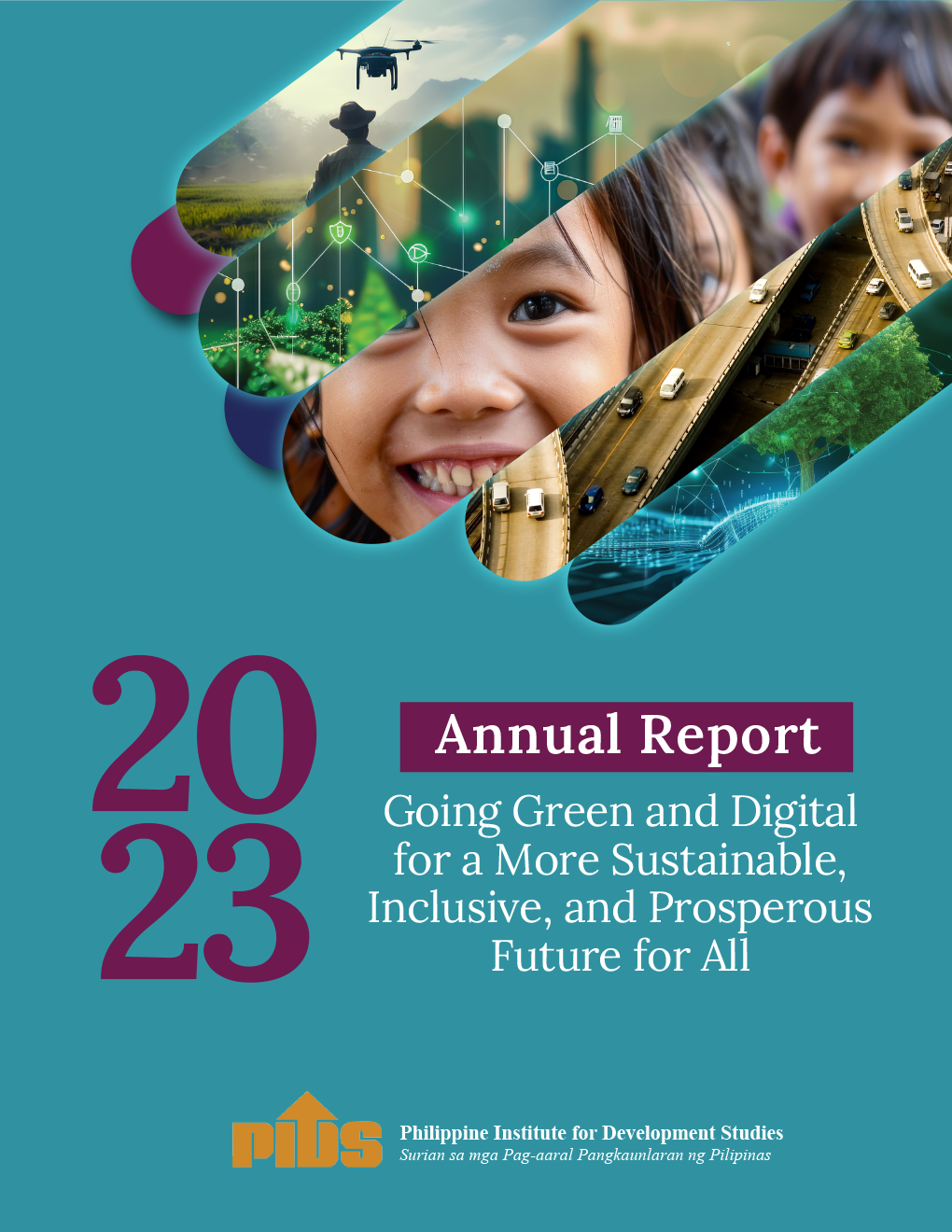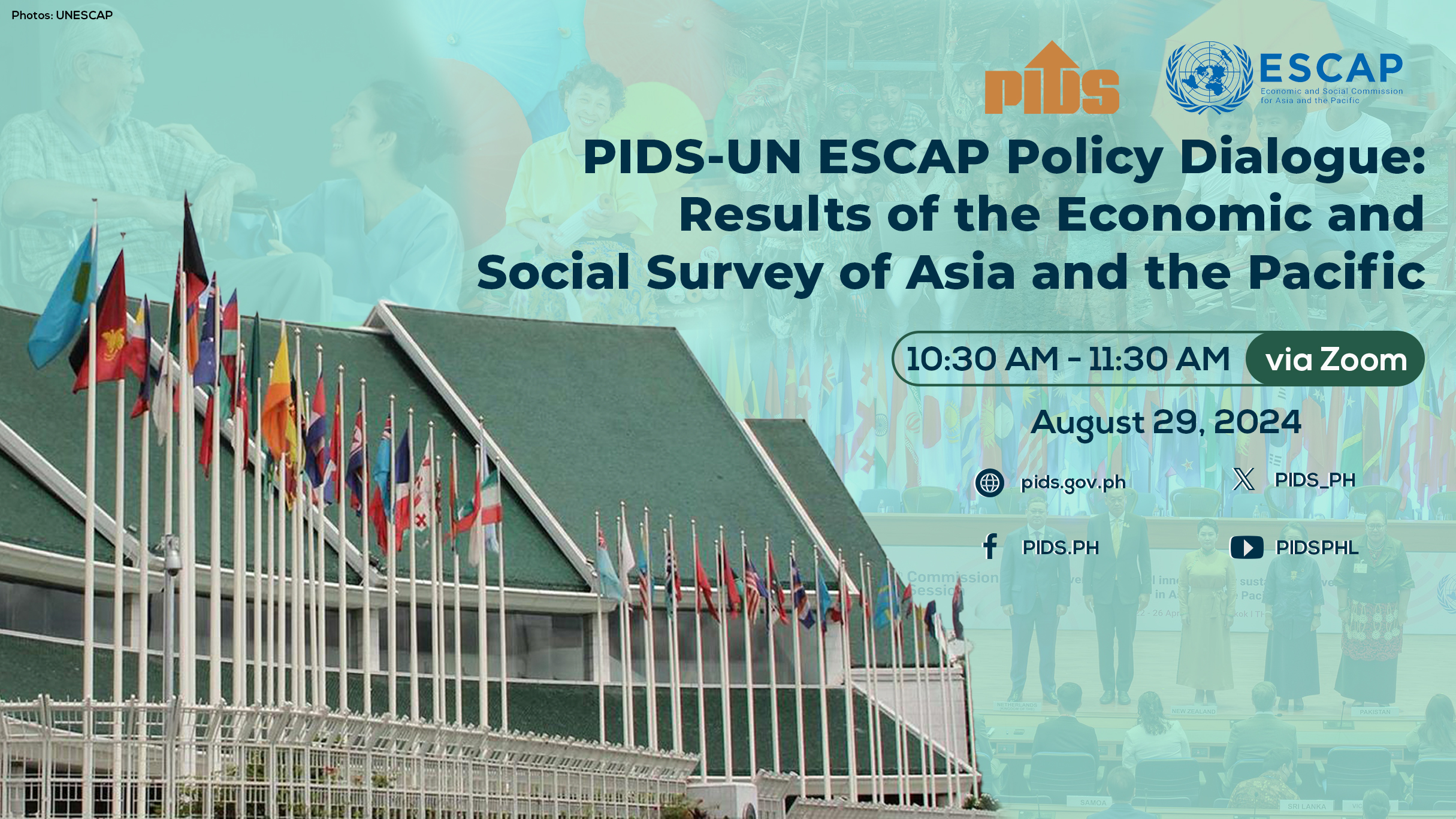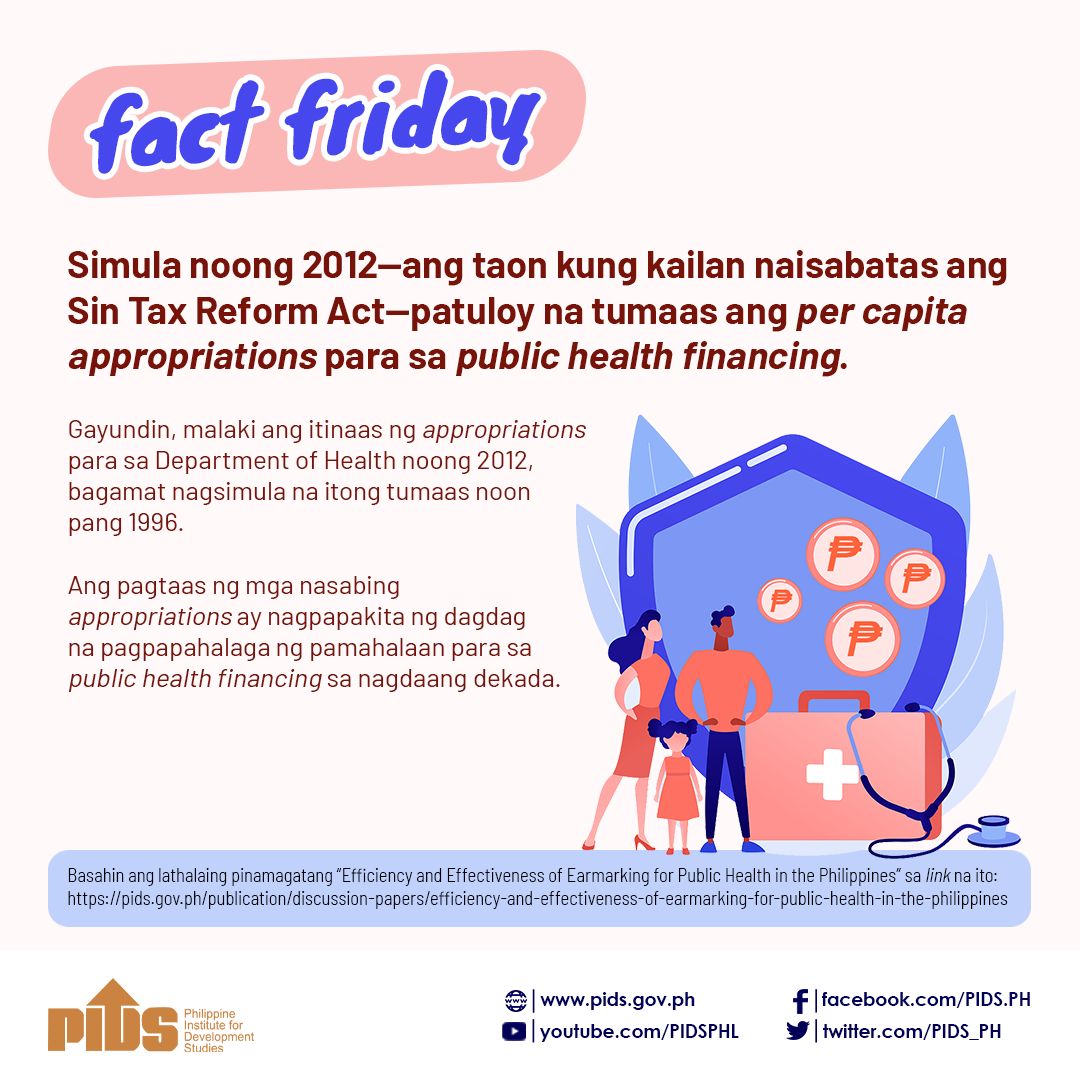If the President wants to increase idle land taxes, the government must first amend the Local Government Code (LGC) of 1991, which will subsequently push landowners to immediately find economic uses for their unused properties, the National Economic and Development Authority (Neda) said.
Neda Undersecretary Adoracion Navarro told the BusinessMirror the idle-land tax rules should be revisited to turn them into strong incentives for landowners. “It’s that incentive that will primarily impact economic growth and development in rural areas; the earnings from the idle-land tax is only secondary”.
If idle taxes are doubled or even tripled, as per the President’s pronouncement earlier this week, this will push landowners to find other economic uses for their property, Navarro noted.
Also, Philippine Institute for Development Studies Vice President Marife Ballesteros told the BusinessMirror the higher tax on idle lands may “improve the efficiency of land markets”. She recognized, however, that the “threat of squatting” generally already shortens the period of keeping lands idle for about 10 to 20 years.
Further, Ballesteros said, before turning the President’s pronouncements into an actual policy or law, there is a need to revisit the existing idle land tax law, which is not that popular among local government units (LGUs).
He added that in the entire Metro Manila, only Marikina collects the tax.
“The President’s statement on ‘doubling’ or ‘tripling’ idle-land tax is right now only a threat and not yet a policy, so let’s not nitpick on his cited numbers. But, probably, such threat can have the same effect of incentivizing landowners to find productive use for their land,” Navarro said.
An idle-land tax is an ad valorem tax levied annually on the assessed value of a real property that remains uncultivated and unimproved by a property owner.
Based on Section 236 of Republic Act 7160, or the Local Government Code of 1991, an LGU within the Metropolitan Manila Area may levy an annual tax on idle lands at the rate not exceeding 5 percent of the assessed value of the property, which shall be in addition to the basic real-property tax.
Government data showed that Marikina City posted a total collection of P243.1 million from 2002 to 2009 from idle-land tax.
Neda Undersecretary Adoracion Navarro told the BusinessMirror the idle-land tax rules should be revisited to turn them into strong incentives for landowners. “It’s that incentive that will primarily impact economic growth and development in rural areas; the earnings from the idle-land tax is only secondary”.
If idle taxes are doubled or even tripled, as per the President’s pronouncement earlier this week, this will push landowners to find other economic uses for their property, Navarro noted.
Also, Philippine Institute for Development Studies Vice President Marife Ballesteros told the BusinessMirror the higher tax on idle lands may “improve the efficiency of land markets”. She recognized, however, that the “threat of squatting” generally already shortens the period of keeping lands idle for about 10 to 20 years.
Further, Ballesteros said, before turning the President’s pronouncements into an actual policy or law, there is a need to revisit the existing idle land tax law, which is not that popular among local government units (LGUs).
He added that in the entire Metro Manila, only Marikina collects the tax.
“The President’s statement on ‘doubling’ or ‘tripling’ idle-land tax is right now only a threat and not yet a policy, so let’s not nitpick on his cited numbers. But, probably, such threat can have the same effect of incentivizing landowners to find productive use for their land,” Navarro said.
An idle-land tax is an ad valorem tax levied annually on the assessed value of a real property that remains uncultivated and unimproved by a property owner.
Based on Section 236 of Republic Act 7160, or the Local Government Code of 1991, an LGU within the Metropolitan Manila Area may levy an annual tax on idle lands at the rate not exceeding 5 percent of the assessed value of the property, which shall be in addition to the basic real-property tax.
Government data showed that Marikina City posted a total collection of P243.1 million from 2002 to 2009 from idle-land tax.












